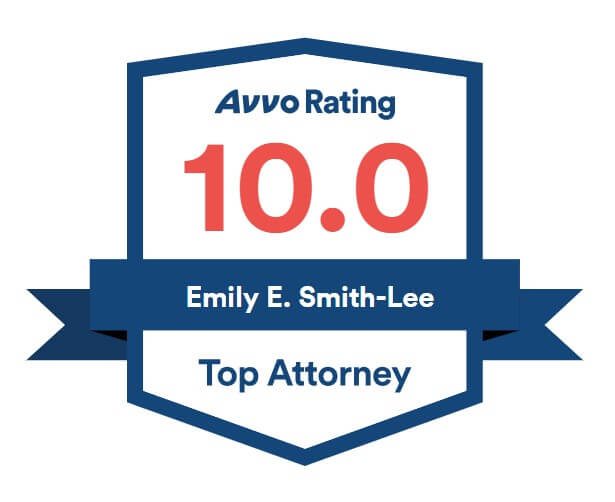Civil Lawsuit FAQs
Civil Lawsuit General Questions
How long does a lawsuit take?
How much does a lawsuit cost?
When do I have to appear in court?
What is a Motion to Dismiss?
What is a Motion for Summary Judgment?
How much does a lawsuit cost?
When do I have to appear in court?
What is a Motion to Dismiss?
What is a Motion for Summary Judgment?
Discovery in a Civil Lawsuit
What is discovery?
What is the duty to preserve evidence?
What documents should I share with my attorney?
What are depositions?
What is the duty to preserve evidence?
What documents should I share with my attorney?
What are depositions?
Mediation and Settlement
What is alternative dispute resolution?
How does a mediation work?
How can I tell what is a reasonable settlement?
What is my role and my attorney's role in negotiating settlement?
How does a mediation work?
How can I tell what is a reasonable settlement?
What is my role and my attorney's role in negotiating settlement?
Questions About a Civil Lawsuit?
Our Solutions Roadmap is a quick and easy way to share the details of what you are facing and receive preliminary feedback from a member of our team. Use the button below to get started- it is 100% confidential and 100% free.
Meet Our Trial Attorneys

Emily Smith-Lee is the owner and founder of slnlaw. She is a 1996 graduate of Boston College Law School. She was previously a partner at the Boston office of a large international firm, where she worked for thirteen years, with a focus on complex business litigation. In 2009, she started the firm that became slnlaw. She has been recognized as Massachusetts Superlawyer each year since 2013, and in 2018 earned recognition as one of Massachusetts Lawyers Weekly's Lawyers of the Year for a precedent-setting victory at the Massachusetts Supreme Judicial Court. She has written a book on employment law: Rules of the Road, What You Need to Know About Employment Laws in Massachusetts, and helped thousands of clients with business and employment disputes. Emily has handled cases at every level of the state system, in the federal trial court, and before the First Circuit Court of Appeals.

Elijah Bresley: Eli is a 2014 graduate of Seton Hall Law school, and has worked with slnlaw since 2020. He previously worked for a boutique employment law firm outside of Boston, and then for the Labor and Employment department of a large Boston firm. He also spent a year clerking for the judges of the Superior Court in Hartford, Connecticut. Eli has successfully defended numerous employers in the MCAD, and litigated other business and employment disputes throughout the state court system and in the federal trial court.

Sharleen Tinnin: Sharleen is a 2010 graduate of Northeastern University School of Law, and has been with slnlaw since 2023. Prior to joining slnlaw, she worked with King, Tilden, McEttrick & Brink, P.C. on complex civil litigation matters. She previously worked for the United States Department of Justice, and received an "Excellence in Justice" award in 2017. Sharleen has litigated both plaintiff and defendant cases in the state court system, MCAD, and the federal trial court.
How We Can Help
We have years of experience representing individuals and small businesses in litigation involving business and employment disputes in Massachusetts state and federal courts. If the subject matter of your lawsuit is within our areas of expertise, we can work with you to assess your risk, evaluate your defenses and any counterclaims you may have, and create and implement the strategy that is right for you. If the lawsuit is about something we do not have experience with, we can provide you a referral to someone with the correct expertise. You can use the button below to schedule a call back from a member of our team, or give us a call at 781-784-2322.
|
Emily Smith-Lee Rated by Super Lawyers loading ... |
Jenna Ordway
Rated by Super Lawyers loading ... |


